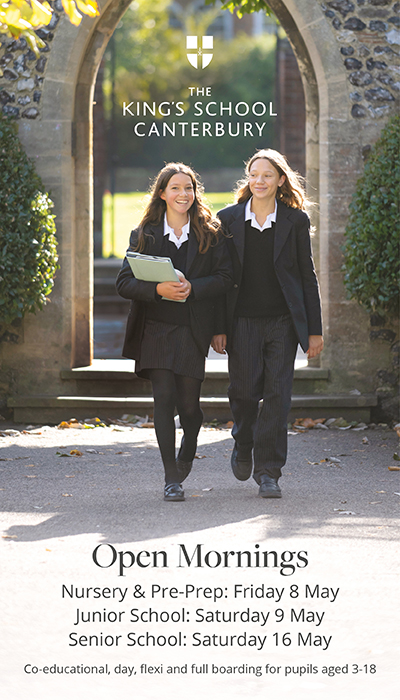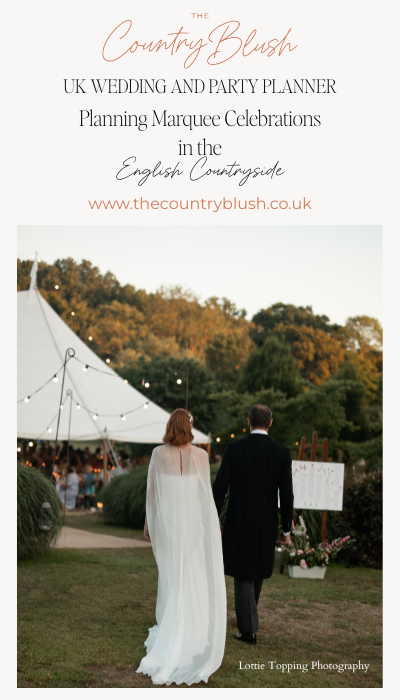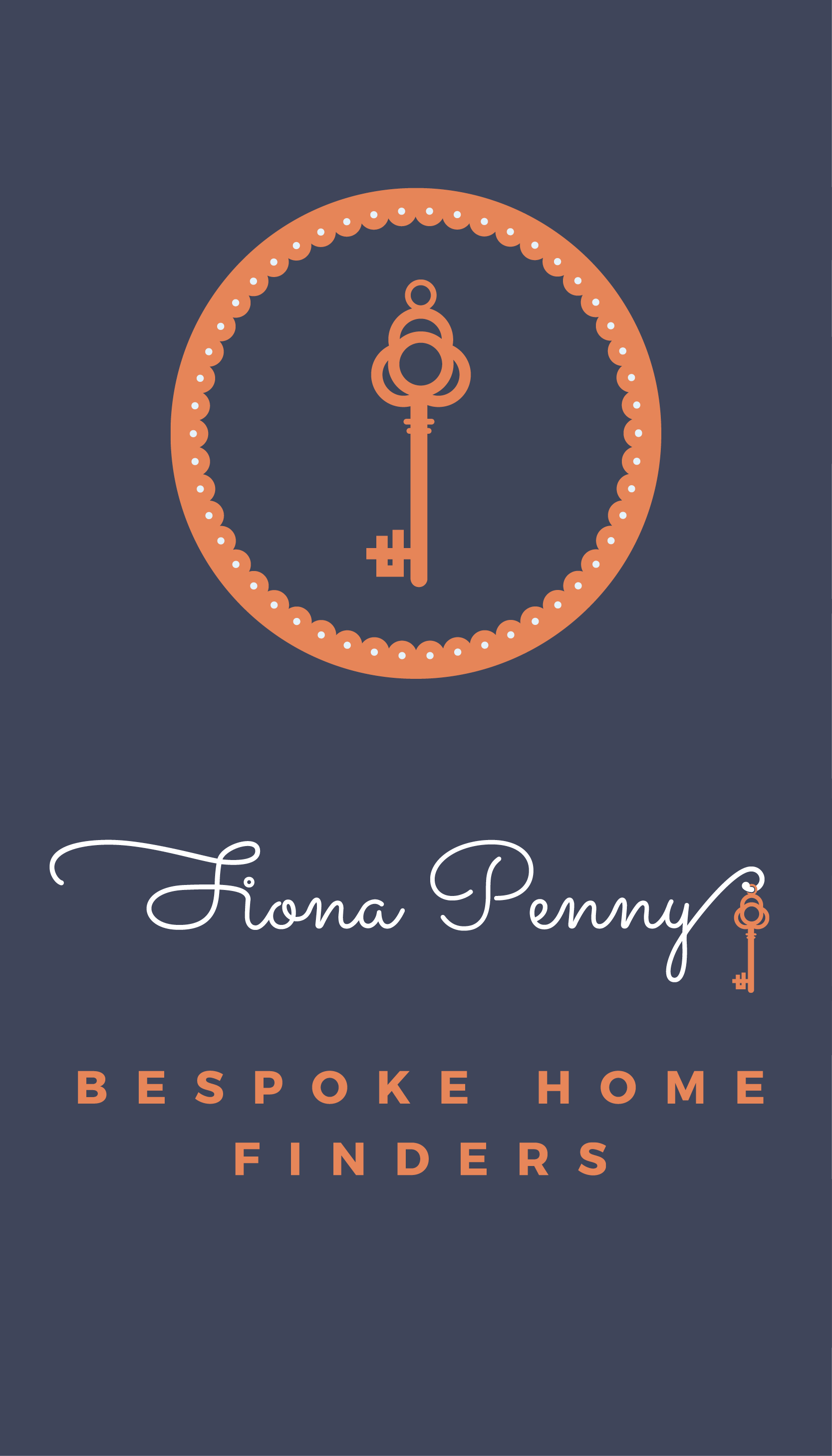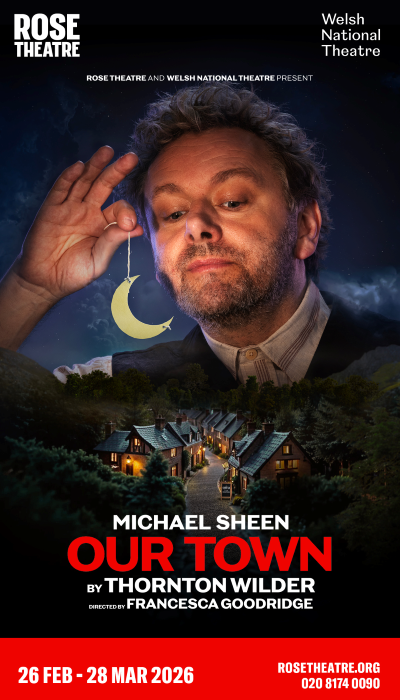Never tell a child that something is too difficult for them. Low expectations inevitably lead to low achievement, as all wise teachers and parents know.
When my younger son was 10 and the elder 14 we had tickets to see King Lear. I assumed it was likely to be beyond the ten year old so we booked for just three.
In the event, our elder boy was unwell on the night so we took the younger. And how glad I am that we did. He understood the play at his own level, talked about it for a long time afterwards and enjoyed an evening out with his parents.
We had underestimated our child as so many teachers and parents routinely do. Education secretaries and prime ministers have muttered about the downward drag of low expectations in schools for decades but it’s a slippery thing to improve. Schools are under huge pressure to get high, readily quantifiable examination results.
In order to do that, many spoon-feed candidates with immensely detailed revision sessions, relentless dull coaching and pep-talks right up until they turn over their exam papers. And the lessons in the years prior are far too often based on formulaic, self limiting ‘lesson plans’ from which few dare deviate.
Where’s the stretch which takes every single individual beyond the standard expectation for that age group? Too often it’s missing. Everyone is too busy meeting all those targets which are – frankly – often deliberately set too low to ensure the school can hit them.
Obviously I’m generalising and some excellent schools set unlimited expectations. I spoke to an inspiring head recently who personally teaches a history of music course to Year 3 upwards because he wants them all to intelligently explore music of all sorts – way beyond anything specified in the National Curriculum.
And as for English lessons and reading, well I could write a book about that (and have: Encouraging Reading, 2007 and Unlocking the Reader in Every Child, 2010). We must stop fobbing young children off with the banal, introduce them to good material and demonstrate continuously that reading is an exciting, very adult activity.
The usual curricular attitude to reading is tick-box based and nothing to do with intellectual stretch – but a really good teacher regards the specified curriculum as a mere springboard.
It’s something which informed parents should look at very closely when they’re choosing a school, at any level, for a child.
- words: Sue Elkin
You may also like
Newsboard
Two schools tell us about their latest goings on and invite you to visit… Free to be Me at Bansted Prep At Banstead Prep our focus is on joyful, future-ready learning where every child is Free to be Me –...
What’s Next?
Sixth form is a crucial stage with decisions to be made.We hear from two schools about how they prepare students for their onward journey School 1: Bede’s At Bede’s, while we focus on a joyful school experience, we also recognise...
Awesome Stuff
We hear about STEM – where sparks fly and imaginations fire Halliford school… Each year at Halliford School a dedicated enrichment week is held, including a full Robotics Day during which students learn hands-on skills such as soldering a PCB...












